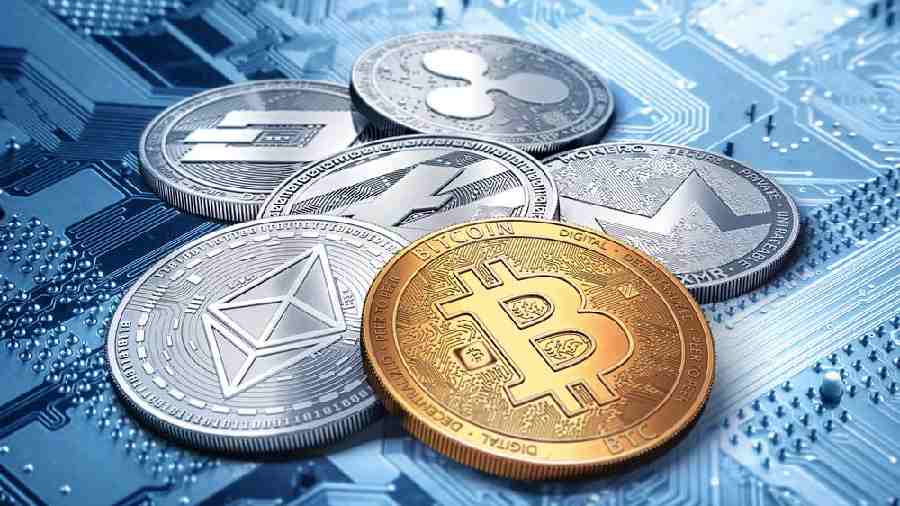RBI governor Shaktikanta Das on Wednesday warned that the growth in private cryptocurrencies can precipitate the next financial crisis.
Das, who has consistently opposed cryptos, reiterated the central bank’s demand for a complete ban as such instruments do not have any underlying value and are speculative in nature.
“It’s a 100 per cent speculative activity, and I would still hold the view that it should be prohibited. If you try to regulate it and allow it to grow, please mark my words, the next financial crisis will come from private cryptocurrencies.”
“They have huge inherent risks from macroeconomic and financial stability (perspective) and we have been pointing it out,” he said at a chat session of the “BFSI Insight Summit” organised by Business Standard here.
Replying to a query on the Insolvency and Bankruptcy Code (IBC) which has seen a delay in resolutions, Das said it should not be seen as a recovery mechanism, but lenders should invoke it in a timely manner. “It should be seen in proper context. Recovery is important. What is important is to make a timely reference to IBC. What is important now is to identify early stress and address it in a timely manner.’’
Das said that developments in cryptos over the last one year, including the recent crash of cryptocurrency exchange FTX, indicated the threat posed by such instruments.
“After all these, I don’t think we need to say anything more about our stand,” Das said. He added that private cryptocurrencies’ valuation has shrunk to $140 billion from $190 billion and there is no underlying value for the market-determined price.”
Commenting on the central bank digital currency (CBDC), Das said such fiat digital money is the future. He reiterated that domestic CBDC is different from having a UPI wallet and that it has certain unique features such as sweep-in and sweep-out from an individual’s bank account.
Replying to a question on the gap between credit and deposit growth, Das said credit growth is far away from being termed “exuberant”. There was a base effect apart from a pent-up demand and the resilience of the domestic economy which is getting reflected in the demand for credit.










